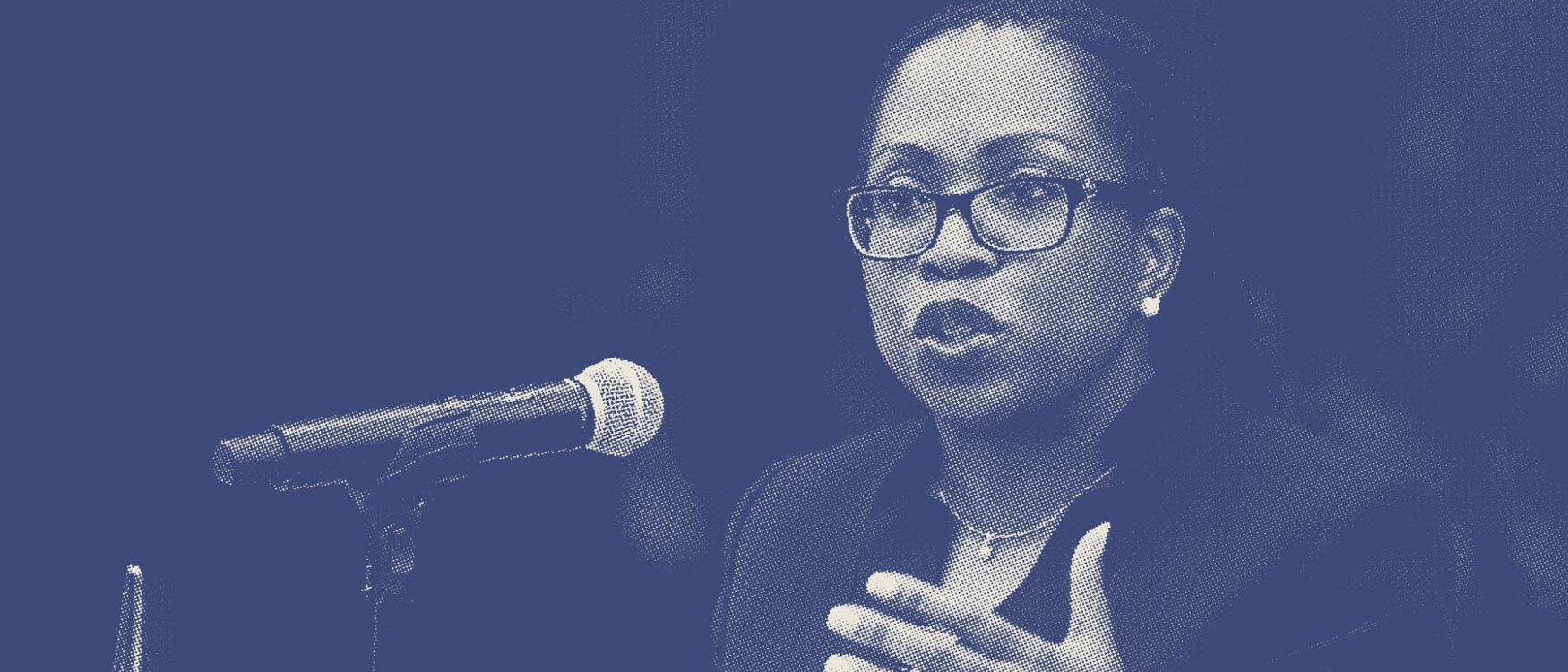America’s courts are strongest when made up of individuals with diverse backgrounds, experiences, and expertise. This means people from different races, ethnicities, and religions. People who were public defenders and civil rights litigators. People who went to schools other than the small number of Ivy League institutions that dominate the bench.
During Trump’s first term, he rolled back progress on this front while placing far-right political activists in courts across the country.
As Justice Sandra Day O’Connor explained of Justice Thurgood Marshall, who spent the majority of his career in civil rights law:
Although all of us come to the Court with our own personal histories and experiences, Justice Marshall brought a special perspective. His was the eye of a lawyer who saw the deepest wounds in the social fabric and used the law to heal them. His was the ear of a counselor who understood the vulnerabilities of the accused and established safeguards for their protection.
We will fight to ensure America’s judges reflect this ideal–and fight back against nominees who would use the law to harm instead of heal.
Why Professional Diversity Matters
Research shows that the overrepresentation of corporate lawyers and prosecutors has real-world consequences. Joanna M. Shepherd, Vice Dean and Thomas Simmons Professor of Law at Emory University School of Law, found that those types of lawyers are substantially more likely to rule against the rights of everyday workers when they become judges.
The Judicial Training and Mentorship Institute
Demand Justice is committed to elevating lawyers who have put the fight for justice and equality at the center of their careers at the state level, too.
The Judicial Training and Mentorship Institute is a state-based program for promising attorneys who may be interested in becoming judges in the future. Participants will deepen their leadership skills, learn about what it takes to be a judge, and better understand challenges to achieving equal justice in our courts system.

